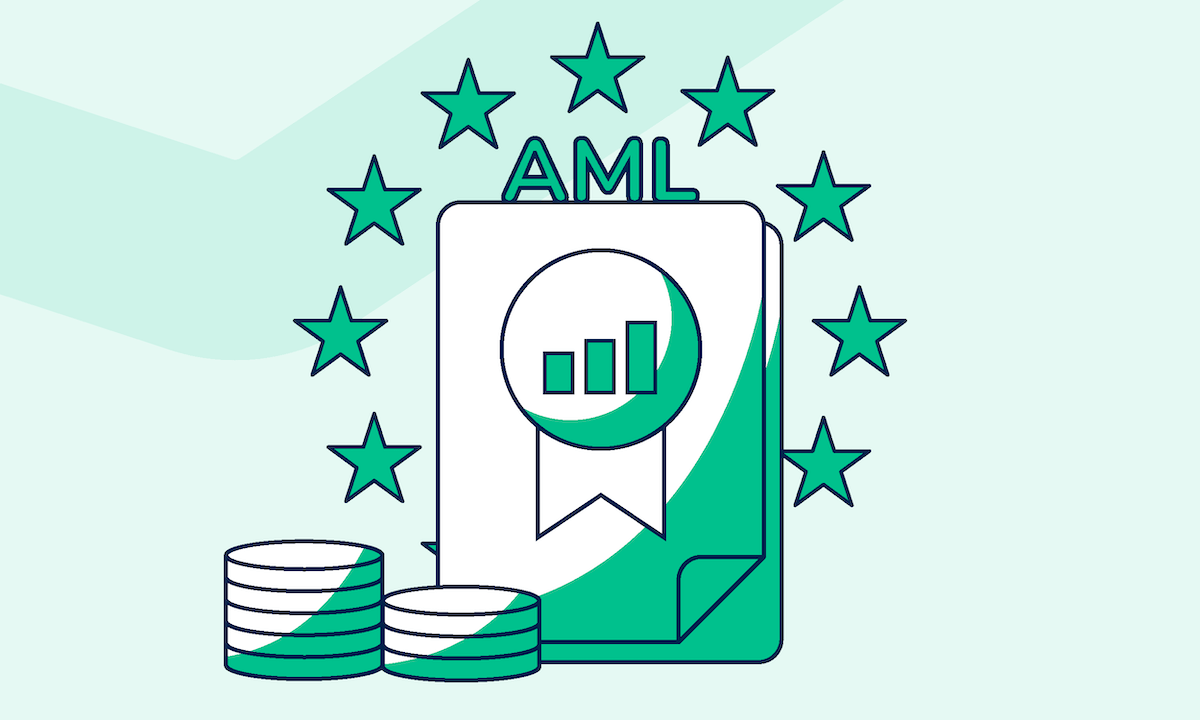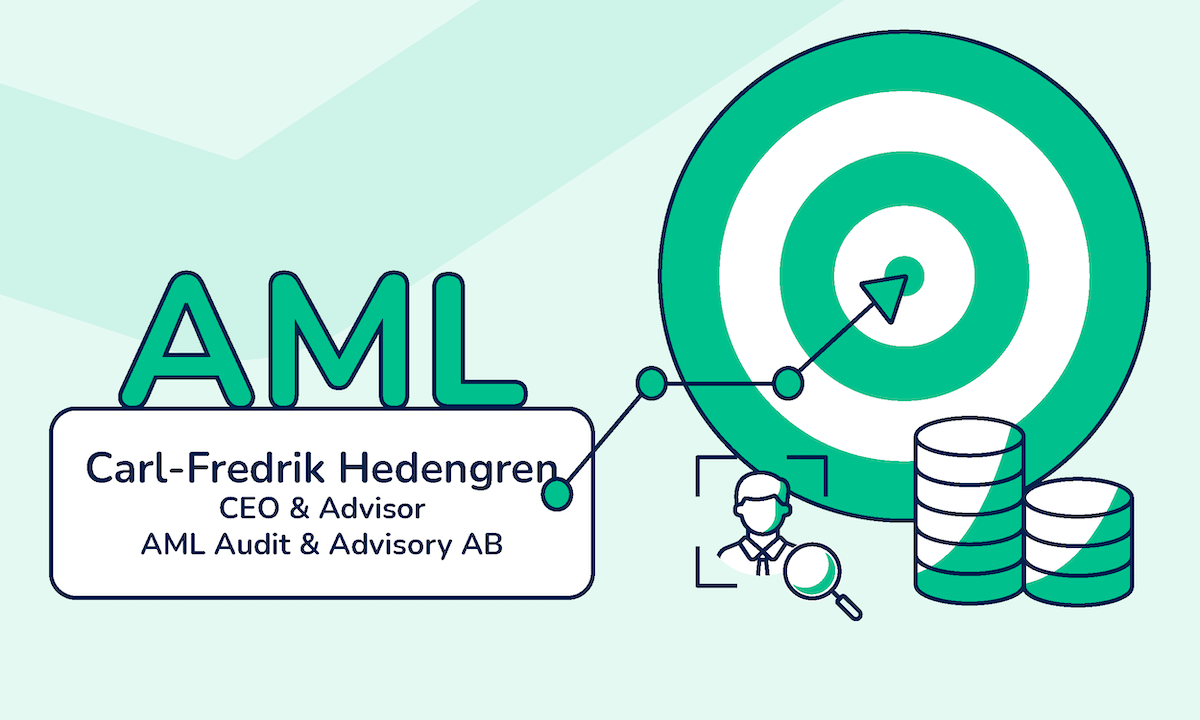By now, most aspects of a business and society, in general, have been impacted by the digital revolution, and finance departments are no exception. The rise of digital accounting and the availability of finance automation tools have helped companies improve the performance of core functions and save precious time.
This article provides an overview of 6 finance automation tools that your business can use to streamline its processes.
1. Netsuite
Netsuite is a cloud-based ERP system that allows you to manage all essential business functions in one place.
With Netsuite, finance departments can automate accounts payable, inventory management, order processing, data imports from various sources, and other core processes.
The system centralizes all your business data, providing you with a comprehensive, accurate, and real-time overview of your company’s activities and performance.
By relying on Netsuite, your employees can significantly reduce manual work, identify opportunities for improvement, and eliminate errors and inconsistencies.
2. Pleo
Expense management can be a cumbersome process for everyone involved — from employees having to save receipts and fill out expense sheets to managers and finance departments having to approve and process them.
Luckily, there are better ways to manage expenses.
Pleo is a convenient and efficient solution that offers company cards that automate expense reports and simplify company spending.
Employees get a Pleo company card, which they can use to pay for their expenses. All they have to do is snap photos of the receipts via the Pleo app, and the admins will get instantly notified. Full transparency and a much better overview of all expenses.
3. Penneo Sign
Most finance departments have to deal with document-heavy processes regularly. Manually printing, signing, and scanning financial reports and many other documents is time-consuming, inefficient, and not great for the environment.
Penneo Sign helps companies everywhere to automate their signing and document management workflows. Finance departments can rely on Penneo to sign documents digitally and get a complete overview of all document transactions via a secure platform.
With Penneo Sign, finance departments can improve productivity, stay on top of regulatory compliance, and ensure trust and transparency in their document transactions.
4. Risika
Does your business take unnecessary risks when dealing with other companies? Giving credit is similar to giving out a loan. Often, companies put a lot of hours into a project only to discover that the client can no longer afford to pay them.
Risika helps B2B companies with risk assessments, segmentation, and building profitable customer relationships. This includes automatic risk assessments and intelligent monitoring of companies in the Nordic.
With Risika, you get instant notifications when a change happens around your customer or partners. As a B2B company, you will both save time and minimize the risk of human error, so you can focus on building a stronger relationship with the other departments.
5. Zapier
Zapier is an online automation tool that connects your apps and services. This means that you automate manual, repetitive tasks with simple integrations. You can use Zapier to get your apps or platforms working together.
Do you want to enable the communication of real-time information between your ERP and e-commerce platform? Or transfer data from your ERP to your CRM and vice versa? Zapier allows you to simply set up a workflow between the two apps and save valuable time.
With the possibility of connecting over 3000 applications, you can significantly reduce manual data entry and focus on creating more value for your customers.
6. Plecto
Finance often works across departments. Therefore, it is necessary to retain an overview of the business. With a tool like Plecto, you get an all-in-one dashboard to visualize different data in real-time and engage more employees in your company’s growth.
The dashboard and reporting from Plecto give you a complete overview of your performance data across multiple systems and business functions. This allows the finance department to stay on top of budgets, reduce the time spent on reports, and focus more on strategic decisions and forecasting. An easy way of optimizing the daily workflow.
What are the benefits of finance automation tools?
Digitalization has resulted in numerous benefits for businesses everywhere, finance departments included. Below are some of the main advantages derived from using finance automation tools.
Time savings
With finance automation tools, companies can automate many day-to-day tasks. Forget about long Excel sheets! Now, there’s a tool for (almost) everything. Reducing manual labor leads to significant time savings, increased efficiency, and overall productivity across the team.
Better consistency
When tasks are performed manually, inconsistencies can arise as every person has their own way of doing things. By automating processes, you can standardize practices, thus making sure data is always consistent.
Error reduction
Similarly, when processes are handled manually, the risk of errors increases – after all, we’re all just human. Using software for managing these processes will help greatly diminish the risk of errors.
Fraud prevention
A digital also tool creates more transparency, as information is available for the relevant parties. Since finance automation tools provide audit trails logging all activities, they reduce the risk of fraud and make it much more difficult to manipulate information.
Better data insights
Using software solutions also means you will collect more data, and it will likely be more accurate. Therefore, you can gather better insights and identify trends or patterns that can be used to improve the business even further.
Automation that works for you
Software and information technology provide new possibilities for both companies and employees. The finance department can minimize the risk of human error by implementing software that automates manual processes.
Finance functions often navigate across the company. With automation tools for risk management, digital annual reports, accounting, etc., employees go from spending time on manual processes to being strategic assets for the company’s consolidation and future growth.
How do you start with automation?
Start by identifying the processes you can automate so that the finance function can focus on value-creating activities, such as reporting, compliance, insight, and support for the decision-makers.
Next, consider your options. Can it be done internally, or do you need to bring in external help?
If you decide to opt for a third-party solution, systematically review technology features with members of the IT department to define system requirements and investments.
And there you have it – we hope this article has inspired you to get started with automation in your finance department!
This blog post has been created in collaboration between Penneo and Risika.





